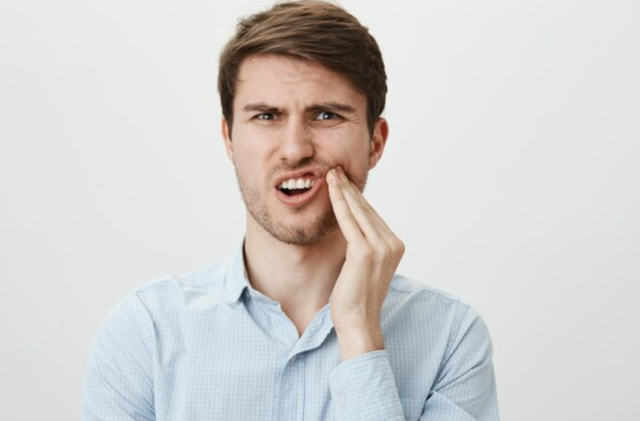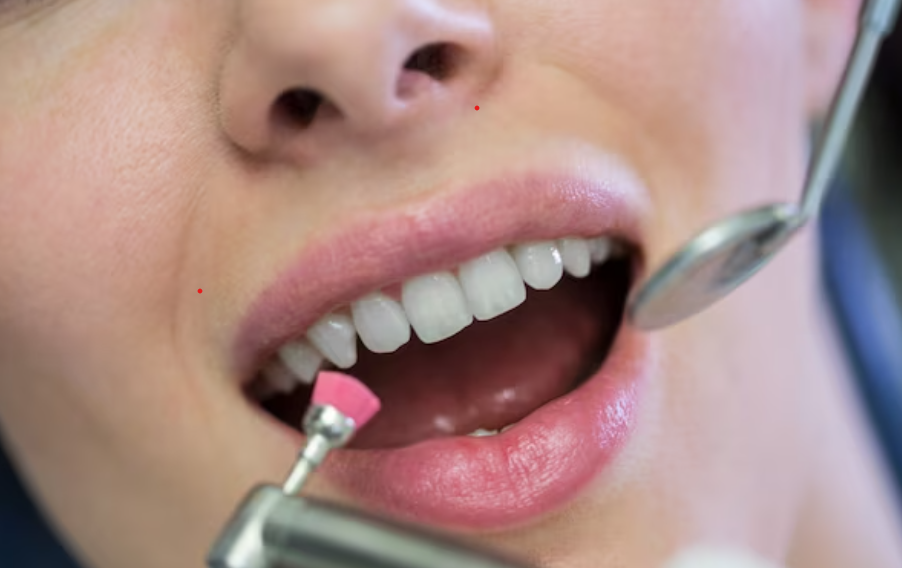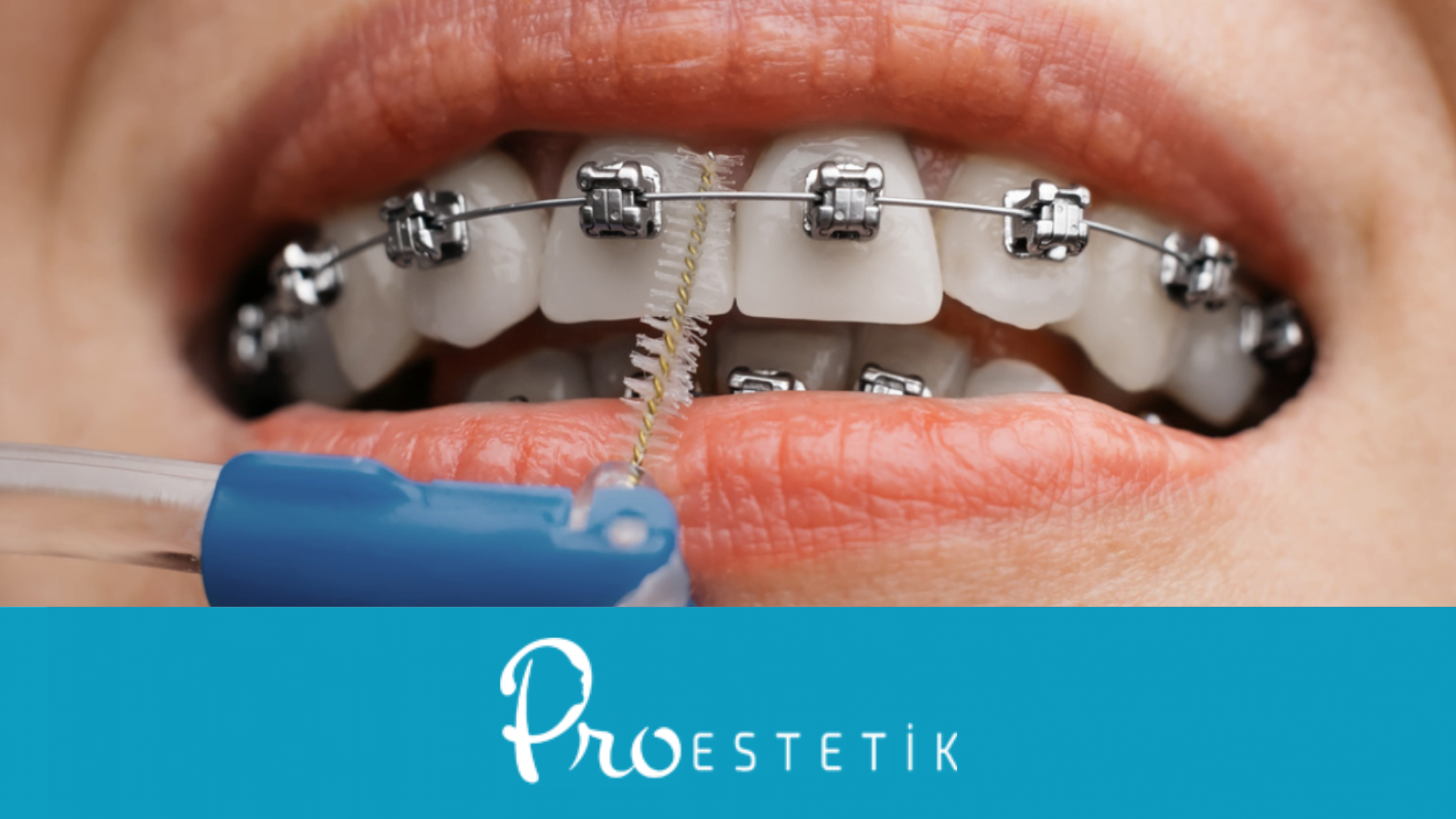Gum discoloration can result from various factors, and it is essential to address it promptly. In some cases, trauma may lead to this condition, while in others, it could be indicative of more serious health issues. Seeking a diagnosis from a dentist is crucial for a swift resolution.
Neglecting oral hygiene can contribute to gum deterioration and discoloration. Plaque formation, resulting from poor oral hygiene, can harm the gums, leading to infections, discoloration, and pain.
Causes of Gum Discoloration:

- Smoking: Smoking negatively impacts overall oral health, causing various issues with teeth and gums. Nicotine in cigarettes increases melanin levels in the body, resulting in gum discoloration and darkening.
- Medication Use: Certain medications, especially those used in infection treatments, can cause changes in oral coloration.
- Inflammation: Gum inflammation can disrupt gum health and alter its color. Symptoms such as fever and gum pain may accompany inflammation.
- Poor Oral Hygiene: Neglecting proper oral care can lead to gum discoloration. Plaque buildup may cause color changes in the gums.
- Aggressive Toothbrushing: Using a hard toothbrush and brushing teeth vigorously can lead to gum sensitivity and discoloration.
In some cases, gum discoloration may signify more severe health problems such as oral cancer, diabetes, or blood disorders. Therefore, consulting a dentist is crucial when encountering such issues.
Treatment for Gum Discoloration:

The approach to treating gum discoloration depends on its cause, considering both genetic and external factors. For individuals with insufficient oral care, a recommendation for regular oral hygiene practices is the initial step.
In cases where discoloration results from dental procedures like fillings or bridges, solutions and dressings may be applied. These treatments can be renewed as needed.
Gum peeling, an aesthetic dentistry procedure, is another option for addressing discoloration. Through this process, the outer layer of the gum is gently removed, leaving healthy, pink gums.
It is essential to consult a dentist to determine the appropriate treatment for gum discoloration, ensuring a personalized and effective approach to address the issue.

 English
English Turkish
Turkish Deutsch
Deutsch العربية
العربية![[:en]Gum Discoloration: Causes and Treatment[:tr]Diş Eti Morarması Ne Anlama Gelir? Nasıl Düzelir?[:de]Zahnfleischverfärbung: Ursachen und Behandlung[:ar]تغيير لون اللثة: الأسباب والعلاج[:] Diş eti morarması](https://proestetik.com.tr/wp-content/uploads/2023/12/dis-eti-morarmasi.png)










